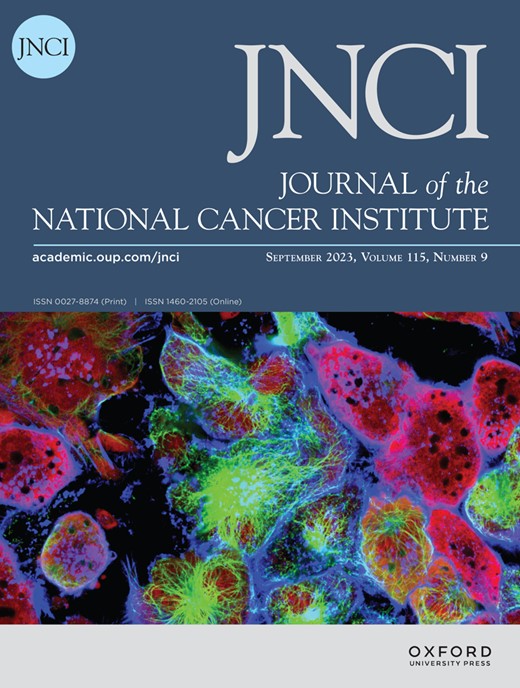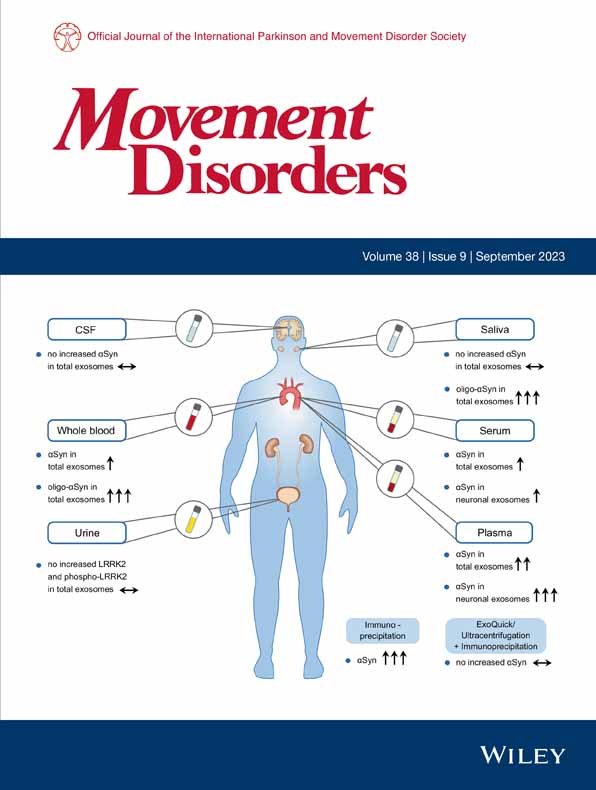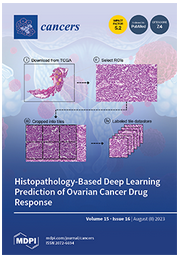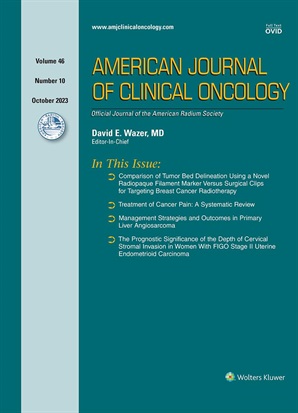Age at Menopause and the Risk of Stroke: Observational and Mendelian Randomization Analysis in 204 244 Postmenopausal Women
Background Observational studies have shown that women with an early menopause are at higher risk of stroke compared with women with a later menopause. However, associations with stroke subtypes are inconsistent, and the causality is unclear. Methods and Results We analyzed data of the UK Biobank and EPIC‐CVD (European Prospective Investigation Into Cancer and Nutrition‐Cardiovascular…












